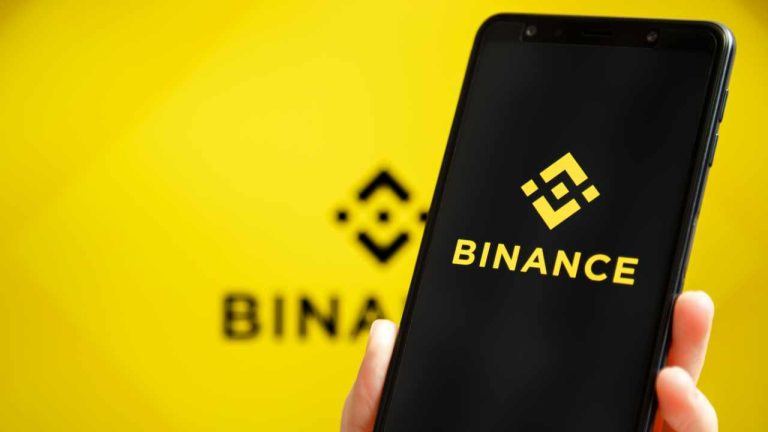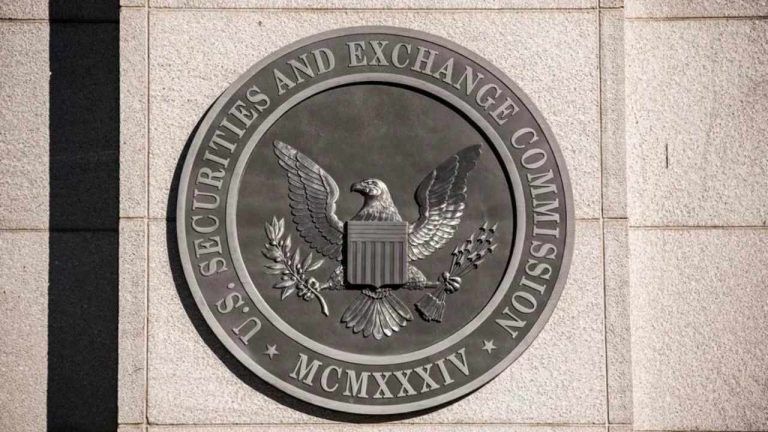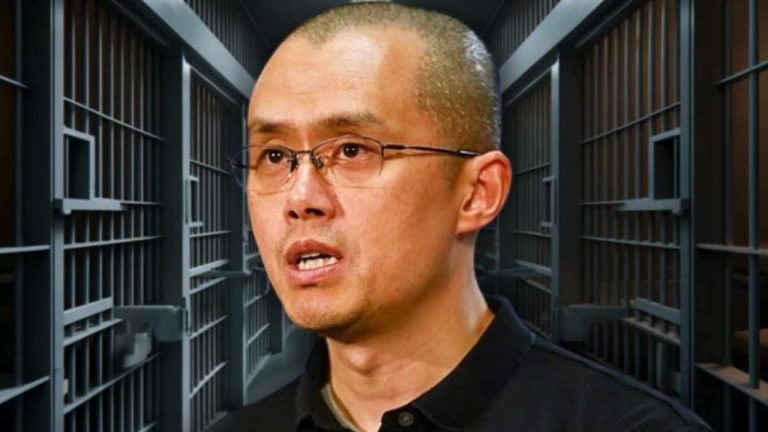
After four months in jail and social media discretion, CZ is free. What’s next for the former crypto titan who led Binance to the top?
Changpeng Zhao, co-founder and former CEO of Binance — commonly known as CZ — fulfilled on Sept. 27 his four-month sentence for failing to maintain an effective Anti-Money Laundering (AML) program at the Binance cryptocurrency exchange.
Zhao’s options may seem limitless as he’s amassed a personal fortune of $60 billion, placing him as the 25th-wealthiest person in the world.
One thing is for certain: Zhao will not be returning to Binance. According to Binance’s plea agreement filed on Nov. 21, the crypto firm agreed that Zhao was prohibited from “any present or future involvement in operating or managing” the exchange.

BNB price has struggled, but some investors claim Changpeng “CZ” Zhao’s release will pump BNB price even as network fundamentals worsen.
BNB Chain’s native token, BNB (BNB), declined by 16.1% between Aug. 23 and Sept. 2, falling from a high of $598.80 to a low of $502.10. However, significant buying activity emerged below $510, helping BNB recover some of its losses to currently trade at $517.
Investors are concerned that BNB may have entered a bearish market, particularly as the token hasn’t held above $610 since mid-June.
BNB Chain metrics indicate declining interest, especially in decentralized exchange (DEX) volumes. Consequently, traders are questioning whether the $400 level from Aug. 5 could be retested.

A closely followed crypto strategist believes that one top-10 altcoin is about to move another leg up. Pseudonymous analyst Altcoin Sherpa tells his 215,400 followers on the social media platform X that that he thinks BNB, the native asset of the DeFi protocol Binance Smart Chain, will witness higher prices this year. He also believes […]
The post Major Large-Cap Altcoin on the Cusp of Rallying Further, According to Crypto Trader – Here’s Why appeared first on The Daily Hodl.

One legal expert says if the class-action lawsuit progresses, it could put the “efficacy of blockchain analytics itself” on trial.
Binance and its former CEO Changpeng “CZ” Zhao are facing a new class-action lawsuit from three crypto investors who say they couldn’t recover their stolen assets because the exchange failed to prevent money laundering.
In an Aug. 16 class action complaint filed in the U.S. District Court for the Western District of Washington, Seattle, the plaintiffs allege their crypto was stolen, and those funds were sent to Binance by the thieves to “remove the connection between the ledger and their digital assets,” making them untraceable.
Three plaintiffs have filed a civil action complaint against Binance and former CEO CZ. Source: PacerMonitor
 Binance CEO Richard Teng has highlighted the significant interest in bitcoin and other cryptocurrencies, noting that U.S.-listed bitcoin exchange-traded funds (ETFs) had attracted over $14.7 billion in net inflows over the past six months. Teng emphasized the industry’s robust long-term fundamentals and urged the community to stay focused and continue building despite market fluctuations. Binance’s […]
Binance CEO Richard Teng has highlighted the significant interest in bitcoin and other cryptocurrencies, noting that U.S.-listed bitcoin exchange-traded funds (ETFs) had attracted over $14.7 billion in net inflows over the past six months. Teng emphasized the industry’s robust long-term fundamentals and urged the community to stay focused and continue building despite market fluctuations. Binance’s […] The U.S. District Court for the District of Columbia has issued an order in the SEC’s case against Binance and its founder Changpeng Zhao. The court allowed most claims to proceed, including those related to unregistered crypto sales and fraudulent practices, while dismissing some claims related to BUSD and secondary BNB sales. Some Charges Against […]
The U.S. District Court for the District of Columbia has issued an order in the SEC’s case against Binance and its founder Changpeng Zhao. The court allowed most claims to proceed, including those related to unregistered crypto sales and fraudulent practices, while dismissing some claims related to BUSD and secondary BNB sales. Some Charges Against […] Multiple U.S. states have revoked or declined to renew Binance US money transmitter licenses due to compliance issues and legal troubles involving former CEO Changpeng Zhao (CZ). “North Dakota joins Alaska, Florida, Maine, North Carolina, and Oregon who have taken similar actions to revoke or deny the renewal of BAM Trading Services’ Money Transmission License,” […]
Multiple U.S. states have revoked or declined to renew Binance US money transmitter licenses due to compliance issues and legal troubles involving former CEO Changpeng Zhao (CZ). “North Dakota joins Alaska, Florida, Maine, North Carolina, and Oregon who have taken similar actions to revoke or deny the renewal of BAM Trading Services’ Money Transmission License,” […]

Once he completes his four-month sentence at Lompoc prison, Zhao plans to resume his involvement in cryptocurrency.
Changpeng Zhao, the founder of Binance, the world’s largest cryptocurrency exchange, has reported to a low-security federal prison in Lompoc, California, to begin serving his sentence.
According to a CNBC report, the information was verified with his legal team at Latham and Watkins.
Members of the crypto community have expressed their admiration for the former CEO as he is taken into custody. A Reddit user mentioned that the prison sentence is a positive move by CZ, as it protects Binance from potential risks. User Ilsemprelaziale wrote:
 Former Binance CEO Changpeng Zhao (CZ) has expressed his gratitude to the crypto community for their support following his four-month U.S. prison sentence for pleading guilty to money laundering charges. “I will remain a passive investor (and holder) in crypto. Our industry has entered a new phase. Compliance is super important,” Zhao emphasized. CZ: Binance […]
Former Binance CEO Changpeng Zhao (CZ) has expressed his gratitude to the crypto community for their support following his four-month U.S. prison sentence for pleading guilty to money laundering charges. “I will remain a passive investor (and holder) in crypto. Our industry has entered a new phase. Compliance is super important,” Zhao emphasized. CZ: Binance […] On Tuesday, April 30, 2024, Changpeng Zhao (CZ), formerly the CEO of Binance, was sentenced in a Seattle courtroom for his compliance failures at the cryptocurrency exchange. The sentencing was first covered by Nikhilesh De and Danny Nelson of Coindesk, who reported directly from the courthouse. Per Nikhilesh De’s X thread, the proceedings began with […]
On Tuesday, April 30, 2024, Changpeng Zhao (CZ), formerly the CEO of Binance, was sentenced in a Seattle courtroom for his compliance failures at the cryptocurrency exchange. The sentencing was first covered by Nikhilesh De and Danny Nelson of Coindesk, who reported directly from the courthouse. Per Nikhilesh De’s X thread, the proceedings began with […]